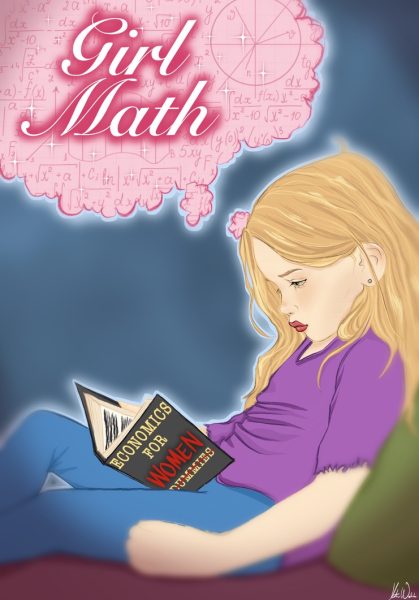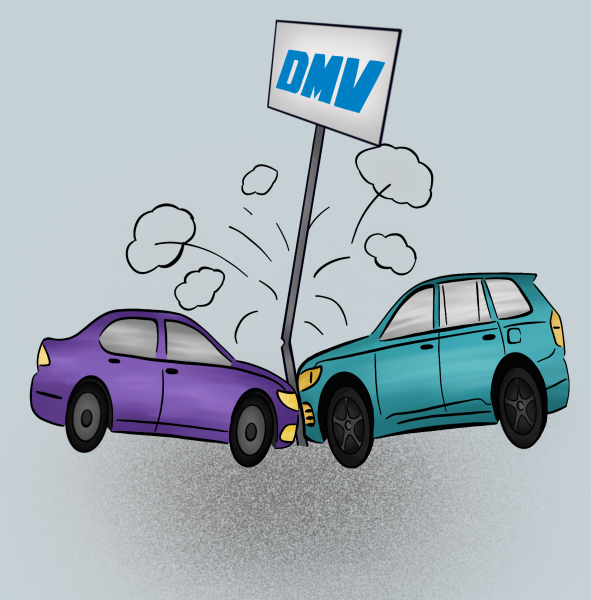Discussion of Current Events Vital to Schooling
Throughout Donald Trump’s presidency, more students became more informed about political issues because politics suddenly became a larger part of their lives.
However, even though the Trump presidency has ended, we are still faced with many leftover issues, some of which directly relate to the lives of young America. Given the current political climate, it is necessary for teens and young adults to immerse themselves in issues and topics that they need to formulate opinions on.
When there is a major political event, it is important for teens to discuss this in class, or they will be either uneducated or they will rely on whatever source, however biased or false it may be, for all their information.
After her class was instructed to write a “letter to the mob” that broke into the Capitol at the beginning of the year, junior Grace Doane said, “It’s definitely relevant to the current political climate. I think that, as long as the mediator of the assignment or the discussion is not forcing their own opinions on the students, people will be able to form their own opinions. As long as they teach us facts rather than implementing their own beliefs into the lesson, students won’t be subject to political bias.”
Current events and politics have become a frontrunner topic for multiple social media and news outlets designed for young audiences. Many teens have begun to spread awareness, once educating themselves for different issues, by posting or reposting on their Instagram stories. However, this is only a drop in the bucket of youth activism. In order for students to be truly aware of current events and what they mean, they must also be exposed to multiple points of view, which is a benefit of discussing politics among peers.
A large problem we are facing as a country is a political polarization. This is the separation of political (and often social) opinions into 2 extremes. These extremes seem to only grow, as kids are typically brought up believing in their parents without any other perspectives. In order to create a more unified country, it is, therefore, necessary to open up the idea of simply being exposed to more information. Many members of older generations have feared that discussing politics is too controversial or heavy of a topic to frequent our everyday lives. Hopefully, the next generation may come to see politics as a conversation rather than an off-limits debate.
It is vital that the next generation become educated in politics and multiple social points of view in order to eliminate discrimination, to create a more informed society, and to produce educated political figures. Regardless of when our political education begins, it is always important to stay informed and know what’s going on in the world.
AP Comparative Government and Government/Economics teacher Dino Petrocco said, “I think I feel like you should be talking about these things all the time for a couple of reasons. Number one, I worry that and I have this same worry about my own children, is that we don’t use the news. We’re just not following the news.”
Petrocco also thinks that it’s important for us not to compartmentalize what’s going on in the world with just a politics or history class. Something Petrocco believes would be a step forward in the political education of youth is having the news on or discussing current events at the beginning of each class. “You don’t just live surrounded by people who are like-minded. You live with all kinds of people, you work with all kinds of people. So the question would be, what, like, in math class, would be the reason for you to introduce current events. I know that, for instance, one of my colleagues who teaches math, feels that it’s a way for him to pull kids in and get their attention, and then moving on to math then becomes much, much easier. And I think that’s great. So you’re doing two things: you’re hooking your kids in to have a productive day of learning math, but you’re doing it by talking about some kind of current event” said Petrocco.
Your donation will support the student journalists of Campolindo High School's The Claw. Your contribution will allow us to produce more issues and cover our annual website hosting costs.


